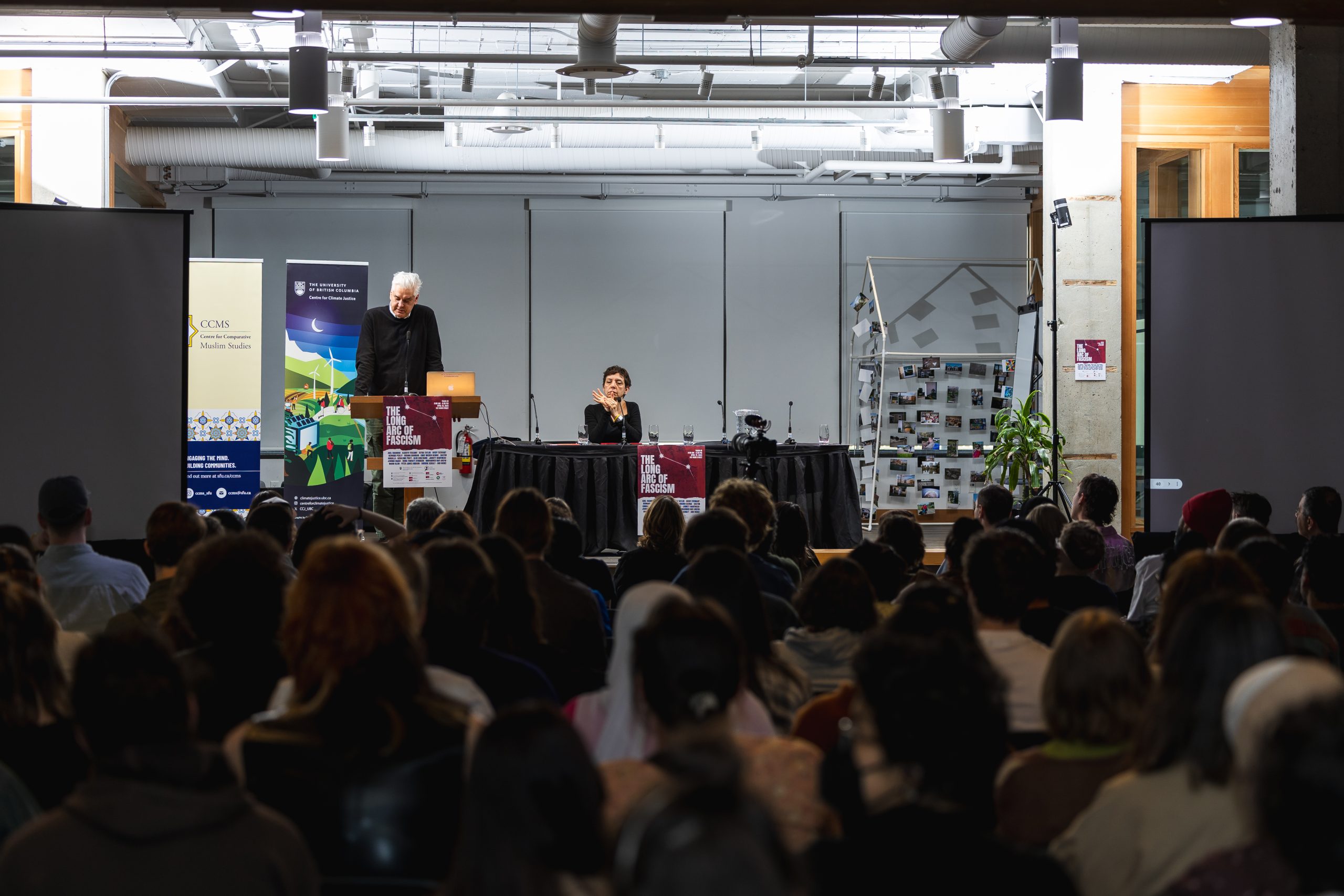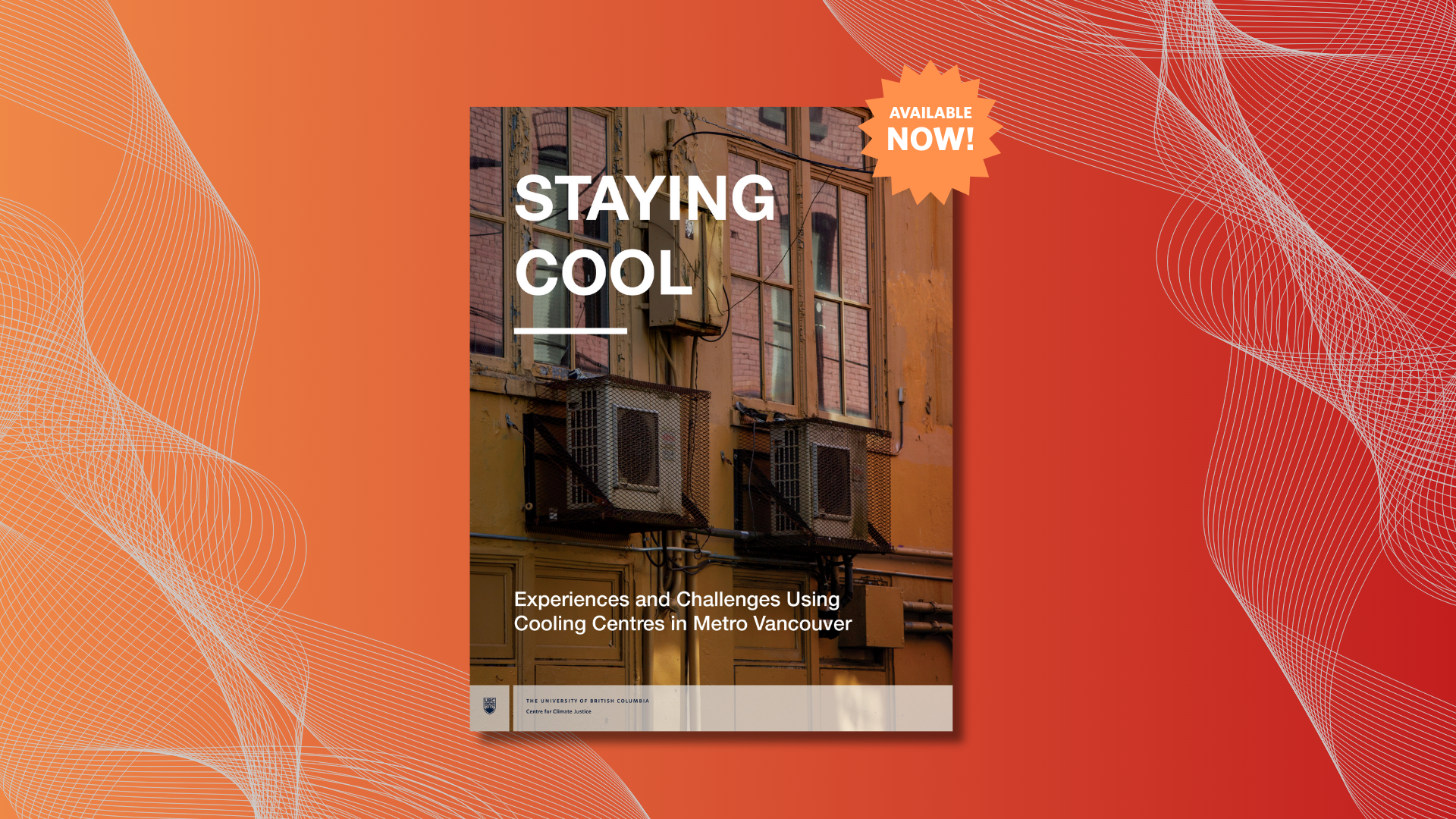

The ‘Right to Cool’ Knowledge Exchange workshop led by Liv Yoon and the Centre for Climate Justice, facilitated by Olive Dempsey, brought together researchers, policymakers, community leaders, and other stakeholders deeply invested in addressing the intertwined issues of housing, climate change, and extreme heat. The workshop aimed to shape and define a broad agenda for the ‘Right to Cool’ initiative, preliminarily organized around three key pillars: technological innovation, housing quality and security, and health and well-being. This agenda emerges from extensive research on cooling centres, which represents one of the many solutions currently on the table to address the challenge of extreme temperatures. One rooted in a belief that all people deserve dignity.
Cooling centres play a crucial role in providing immediate relief during periods of extreme heat, offering essential services to those in dire situations. However, the research presented at the workshop highlighted significant limitations of cooling centres as a medium to long-term solution. There is widespread dissatisfaction with the quality of existing centres, and service providers often lack the resources to adequately meet the needs of both housed and unhoused individuals. These limitations underscore the necessity for more sustainable and comprehensive approaches to cooling.
The workshop facilitated a deep dive into the ‘Right to Cool’ initiative, which seeks to advance justice and create healthier, more equitable communities. An example of an innovative approach discussed was the use of business licensing to promote cooling, such as requiring businesses to provide cooling areas for employees and customers. Such innovative strategies, along with technological advancements and improved housing policies, form the foundation of the initiative’s agenda.
Participants recognized that systemic challenges associated with extreme heat and housing require coordinated efforts across multiple sectors. By addressing these challenges, the ‘Right to Cool’ initiative aims to ensure that all individuals, particularly those facing multiple injustices and/or physiologically vulnerable, have access to adequate cooling and protection. The workshop was a significant step in shaping this agenda, building upon previous research, and highlighting the urgent need for better cooling solutions. The discussions underscored the importance of reallocating resources to allow people to stay cool in their homes and advancing tenant protections to secure safe and cool living environments.
The Right to Cool Knowledge Exchange workshop was a pivotal event in defining a comprehensive and forward-thinking approach to tackling the critical nexus of housing, climate change, and extreme heat. The workshop’s insights and recommendations will support the development of a White Paper and will undoubtedly contribute to the development of effective and equitable cooling strategies for communities most impacted by these challenges.










